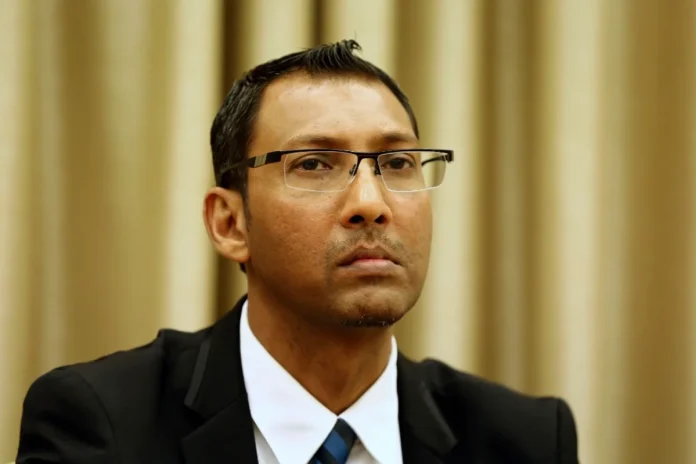Inappropriate executive interference could weaken independence of occupation: M’sian Bar ex-president
PETALING JAYA: Proposed amendments to the Legal Profession Act 1976 have sparked a heated debate among legal experts with concerns that giving the Law minister powers of appointment and removal could compromise the independence of the Legal Profession Qualifying Board (LPQB) and disrupt the pathway for law graduates entering the Bar.
Former Malaysian Bar president Salim Bashir cautioned that while the amendments may not directly interfere with the autonomy of individual practitioners, they could have a profound impact on the legal profession as a whole.
The LPQB is responsible for regulating Bar examination standards and the quality of entrants to the profession.
“The issue is not only the large number of people who would dominate the LPQB, but also more importantly the merits of the individuals appointed by the executive, which could diminish the voting strength of the five current members who hold their positions under the Act.”
He stressed that the LPQB plays a vital role in setting qualifications for admission to the Bar and maintaining standards in legal education through the Certificate in Legal Practice (CLP) and the forthcoming Common Bar Course.
He said recent government proposals to expand the LPQB to 13 members and grant powers of removal could mark the start of eroding the institution’s autonomy.
“It is also telling that the powers currently vested in the LPQB under the Act are being rolled back while political interference is intensifying.
“The LPQB must remain free from political influence to maintain independence and impartiality, ensuring decisions regulating Bar admissions are based on established standards and not affected by external pressures.”
He stressed that inappropriate executive interference could undermine legal educational freedom and weaken the independence of the legal profession.
Meanwhile, legal expert Srimurugan Alagan argued that the proposed amendments may not significantly alter the LPQB’s practical role.
He said decisions on recognising universities or qualifications go before the full board with stakeholders including the Bar Council and Attorney-General’s Office involved, providing a system of checks and balances.
“The LPQB is primarily tasked with conducting examinations for law graduates through the CLP and regulating standards for admission to the Bar.
“It is just a professional body tasked to conduct examinations. How can that really be politicised?” he said, adding that the approval process is not controlled by any individual minister.
On public confidence, he said the board has set minimum standards for recognised universities and qualifications, which ensure a merit-based process.
“The CLP is a professional exam marked by practitioners, and pass rates vary according to standards rather than quotas. Students must meet these standards to practise law and represent clients in matters affecting life and liberty.”
He further highlighted the importance of transparency, suggesting mechanisms for students to review their exam results, and stressed that universities whose law graduates are exempted from sitting for the CLP exam must also observe strict quality control standards with proper oversight.
“While the amendments may suggest some political influence on paper, LPQB’s role is narrowly defined, and existing safeguards mean the impact on the legal profession would likely be limited.”
Legal expert Datuk Baljit Singh Sidhu described the move as a “highly timely development”.
He said the CLP has long been overdue for reform, adding that compared with the Bar Course in the United Kingdom, Malaysia’s programme is outdated and, in many respects, unfair.
“These proposed amendments may provide the necessary catalyst for reform, and with the new structure, the minister would also be directly answerable in Parliament for decisions affecting admissions, accreditation and professional standards,” he said.
The Bill, tabled on Nov 17, proposes expanding the LPQB from five to 13 members, giving the minister the power to appoint eight members, remove seven without explanation, and determine their pay and benefits.
Since its establishment in 1976, the LPQB has been chaired by the attorney-general and comprised the Bar president, a senior law academic, and two judges appointed by the chief justice.








